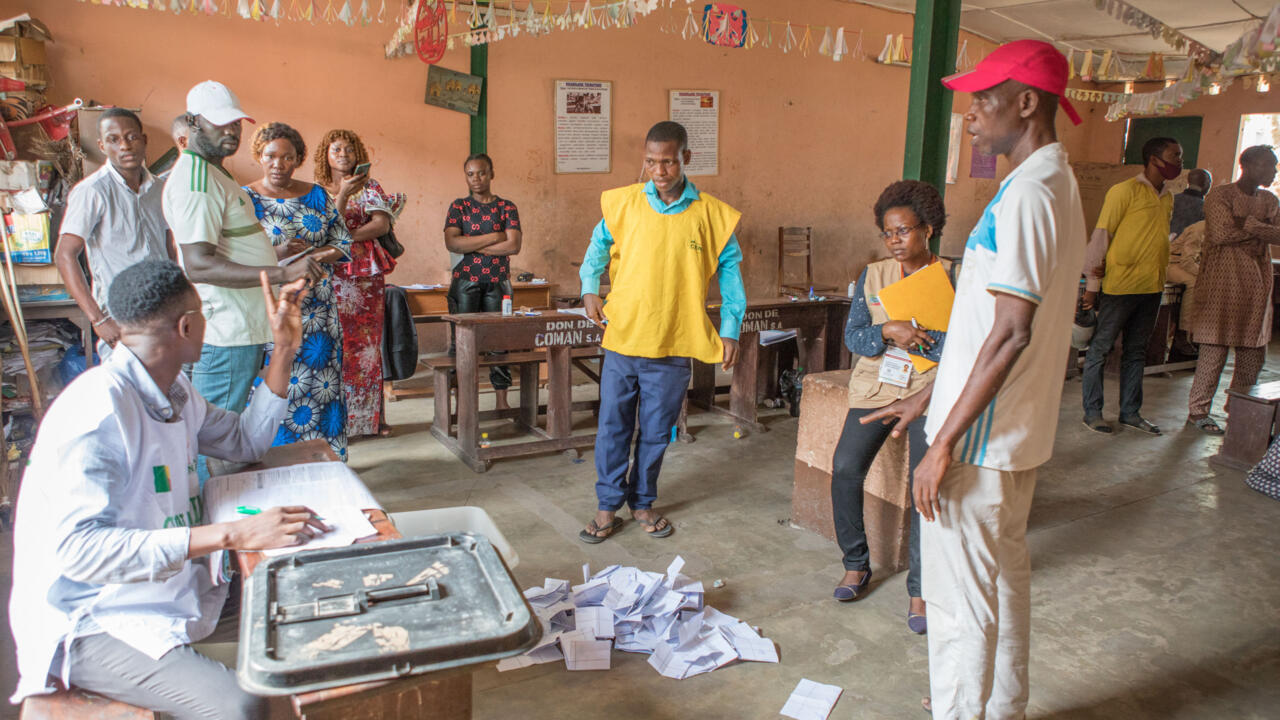
As Benin approaches its 2026 legislative elections, a controversial clause in the new electoral code continues to ignite fierce debate among political actors.
The rule requiring parties to secure at least 20% of valid votes in each constituency to qualify for seat allocation has become a flashpoint of division, especially between the government and opposition forces.
Opposition leaders and election observers alike have voiced deep concerns about the potentially destabilizing consequences of this threshold.
Guy Mitokpè, national communications secretary of the opposition party Les Démocrates, warns of an institutional deadlock if no party meets the 20% mark.
“What will happen if none of the parties reaches the minimum threshold of 20%?” he questions.
Mitokpè fears the worst: a parliament dominated by a single party or an outright political crisis.
Yet President Patrice Talon remains steadfast in defending the electoral reform as a necessary catalyst for political unity.
Speaking at a recent meeting with Beninese youth, Talon argued, “I want to leave a different legacy. I want to force you to work together.
You want to do politics? Work together.
That’s all.” He asserts the provision is designed to encourage coalition-building, insisting that the survival of major parties such as UPR, BR, and Les Démocrates hinges on this new code. “If we touch this, the parties will explode. You divide, you’re dead,” Talon cautioned.
To address concerns about potential deadlock, the law allows parties failing to hit 20% individually to form pre-registered parliamentary coalitions. If such coalitions achieve at least 10% of the national vote collectively, their votes may be combined to meet the threshold.
However, the most contentious proposal arises if even coalitions fail: Talon suggests that the Constitutional Court intervene as the “judge of electoral disputes” to “rule and remove the blocking criteria” and enable seat distribution. He conceded this scenario is “not foreseen by law,” but argued that judicial discretion would create case law in unforeseen circumstances.
This proposal has done little to quell anxiety. Critics argue it risks granting quasi-legislative powers to the Constitutional Court, raising fears of judicial overreach and politicization of constitutional justice. Many worry the ultimate arbiter of seat allocation should be the ballot box, not the courts.
While the intention to foster political cooperation is clear, the looming “all or nothing” possibility remains a source of significant uncertainty. As Benin prepares to head to the polls, the question persists: will the 20% threshold unify the political class or deepen fractures that threaten the democratic process?



